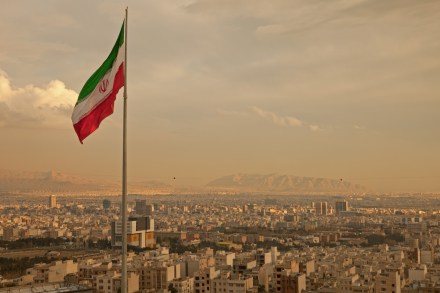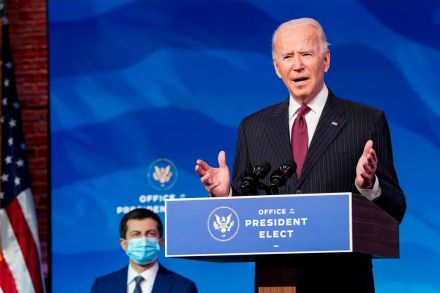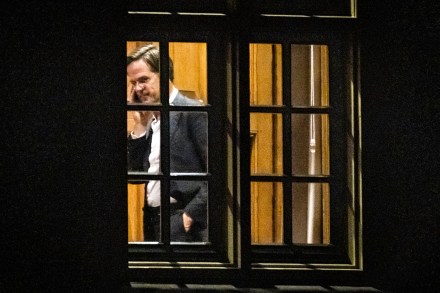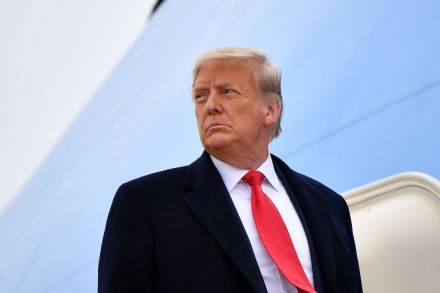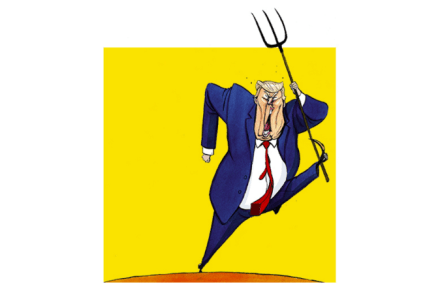Isn’t it time Michel Barnier retired?
He took the European Union to the edge of a no-deal Brexit, creating logistical chaos on both sides of the Channel. His high-handedness and patronising manner hardened positions on both sides. And his brinkmanship clearly failed, leading to a far more distant relationship with the UK than might otherwise have been possible. It would be hard to conclude from the wreckage of the last four years that Michel Barnier had been a great success as the man in charge of negotiating Britain’s departure from the EU. But heck, this is Brussels we are talking about, and you can’t let a little thing like success or failure derail the careers of











